We each have Thousands of Cousins Who Are Alive Today
We each have far more cousins than we can imagine. If any one of us could research our lines back to the beginning of human history, we’d discover we’re all cousins.
The meaning of the term ‘removed’ in relation to cousins is one of the most asked questions I receive. A verbal explanation often further confuses, but the terms we use to identify the ways we’re related to our people is quite simple to follow.
Cousins Have Grandparents in Common
You and each of your cousins share a set of grandparents.
- Your 1st cousins descend from common grandparents.
- Your 2nd cousins share the same great grandparents.
- Your 3rd cousins share the same 2nd great grandparents.
- And so on…
What Does Removed Mean?
“Removed” indicates how many generations apart you are from a specific cousin.
- Your 1st cousin is your parent’s brother or sister’s child. Your grandparents are their grandparents.
- Your 1st Cousin’s child is your 1st Cousin once removed. They are removed from you by one generation. Your grandparents are their great grandparents.
- Children of your 1st Cousin once removed are your 1st cousins 2x removed. They were born 2 generations after you. Your grandparents are their 2nd great grandparents.
Here’s a visual of how you’re related to your people.
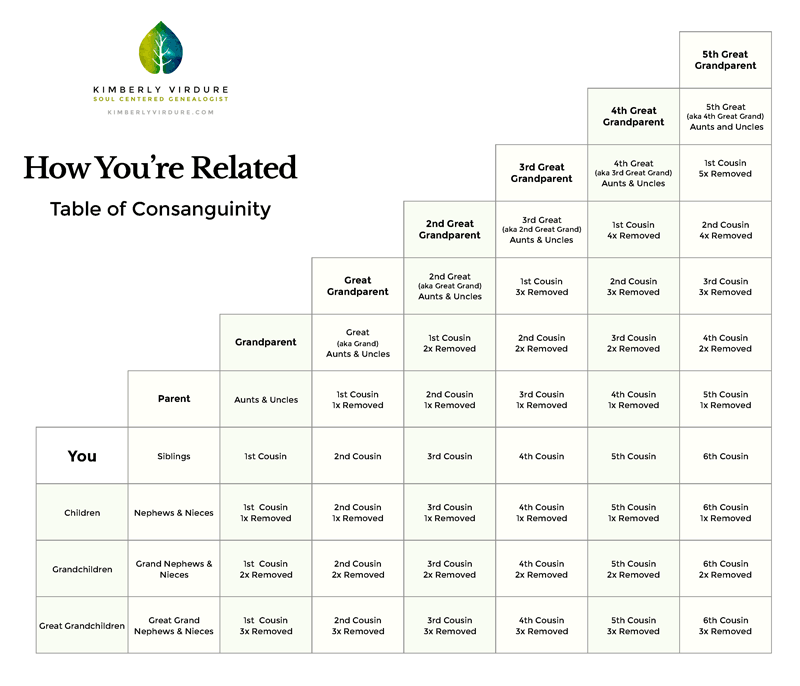
If you’re wondering what consanguinity means, I wrote an article that provides an in-depth answer. In short, consanguinity refers to being descendants of the same ancestors.
Do the Number of Generations Between Cousins Really Matter?
Our connection to common lines of human beings matters legally when determining familial inheritances, receiving rights or benefits allotted to particular groups of people, and when considering mates. Cousinhood may also figure into research and documentation needed to join hereditary and lineage organizations, such as The Mayflower Society.
Understanding exactly how you’re related to your cousins is especially important when using DNA to support genealogical research (Genetic Genealogy). If you’re using an online service, hundreds of your thousands of cousins will show up as matches (and as matches to your matches). These DNA matches are the connections that will introduce you to generations of grandparents.
Otherwise, knowing the particulars of how many generations a cousin is ‘removed’ from you may be fun to explore, but doesn’t really matter. I personally don’t track levels of cousinhood – if we’re cousins, then we’re cousins! I embrace all family with the same reverence, regardless of how far ‘removed’ we are by generation – unless I’m researching.
Cousins Have Knowledge About Your Family History
As a soul-centered genealogist, I research and document data found in paper trails; but I also invest a great deal of time discovering the true to life circumstances and intimate relationships the research points to.
The ways your traditions, preferences, opinions, and world views have been influenced by your grandparents may be obvious. It’s important to also consider the influence of aunts, uncles, and cousins as well. This is especially enlightening when researching generations who were born and raised in close proximity to extended family.
Genealogical Research of Cousins Reveals an Insightful View of Family Dynamics
When interviewing a cousin (even the far ‘removed’), my primary focuses surround the grandparents in common, as well as aunts, uncles, and cousins. As you go deeper into your family lines you’ll realize just how the dynamics of familial experiences among your relatives have influenced what your parents have taught you – by both word and deed.
Most revealing is an understanding of how you’re passing those belief systems and world views on to your descendants, nieces, nephews, and younger cousins.
A few things to ponder when connecting with a cousin to research your family history.
- What oral histories about your common grandparents, aunts, and uncles have been passed down through your cousin’s lines?
- Does your cousin have family artifacts? Distant cousins sometimes have pictures of and original documents about your grandparents, without realizing how meaningful they are to you.
- Elder cousins might have known and lived around your great or 2nd great grandparents. Their memories and direct experiences of those who’ve long passed are far more valuable than documentation and hearsay.
Consider This
The day will come when a Grand Niece or Nephew, or perhaps a 1st Cousin 3x removed who has yet to be born will be researching your life to find clues about your shared grandma and grandpa. You definitely have more valuable information about your grandparent’s human journey than pictures, videos, and documents could ever reveal.
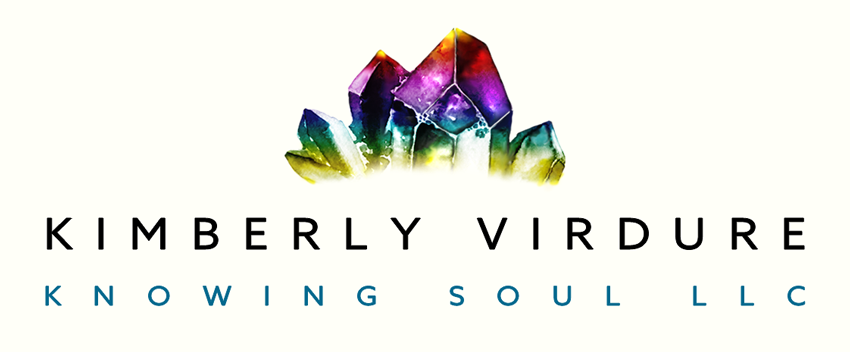
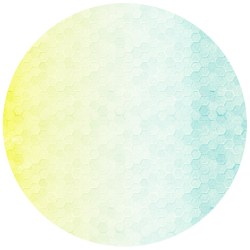
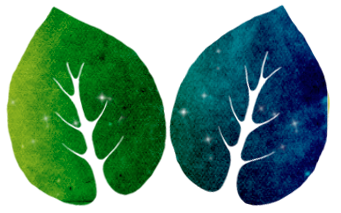
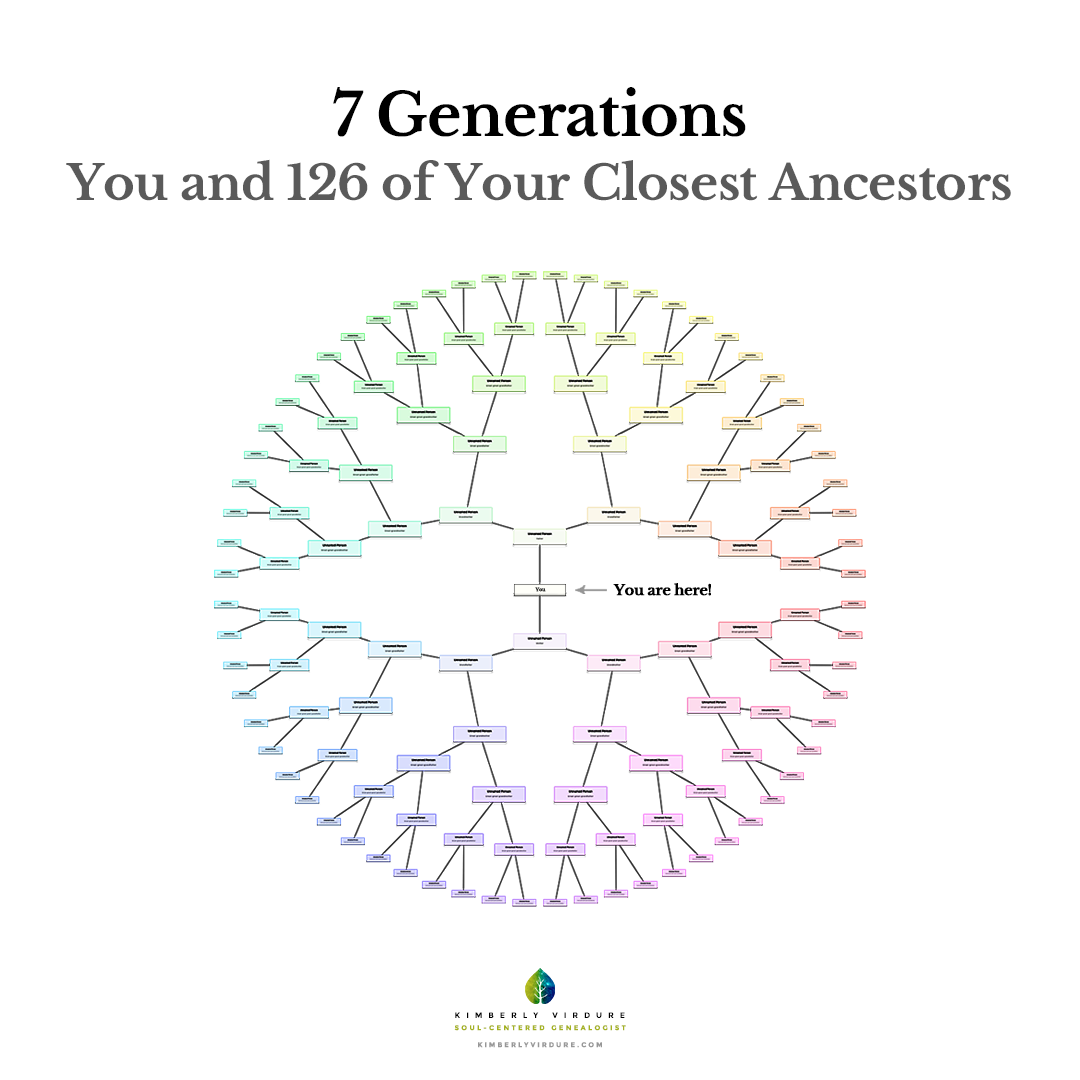
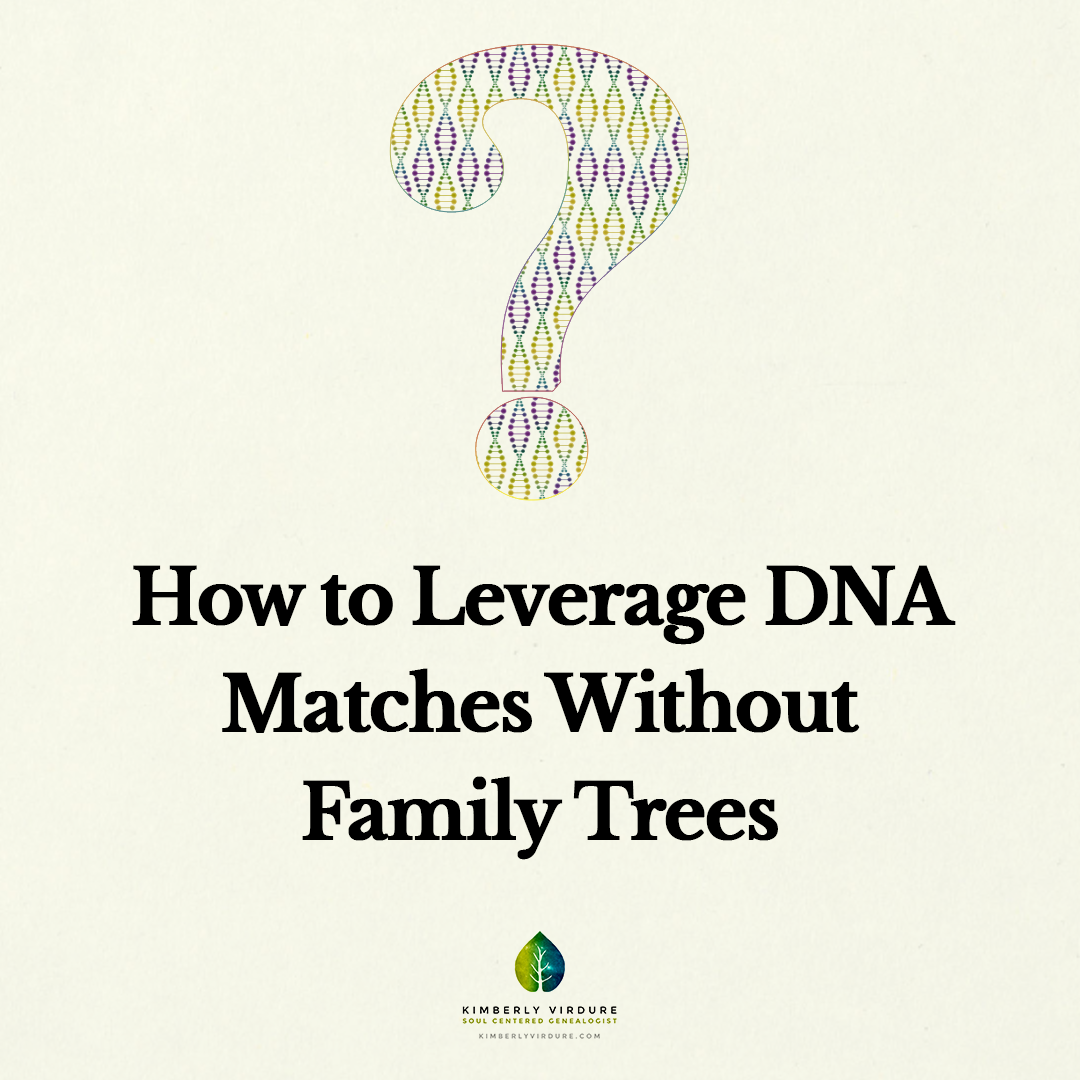
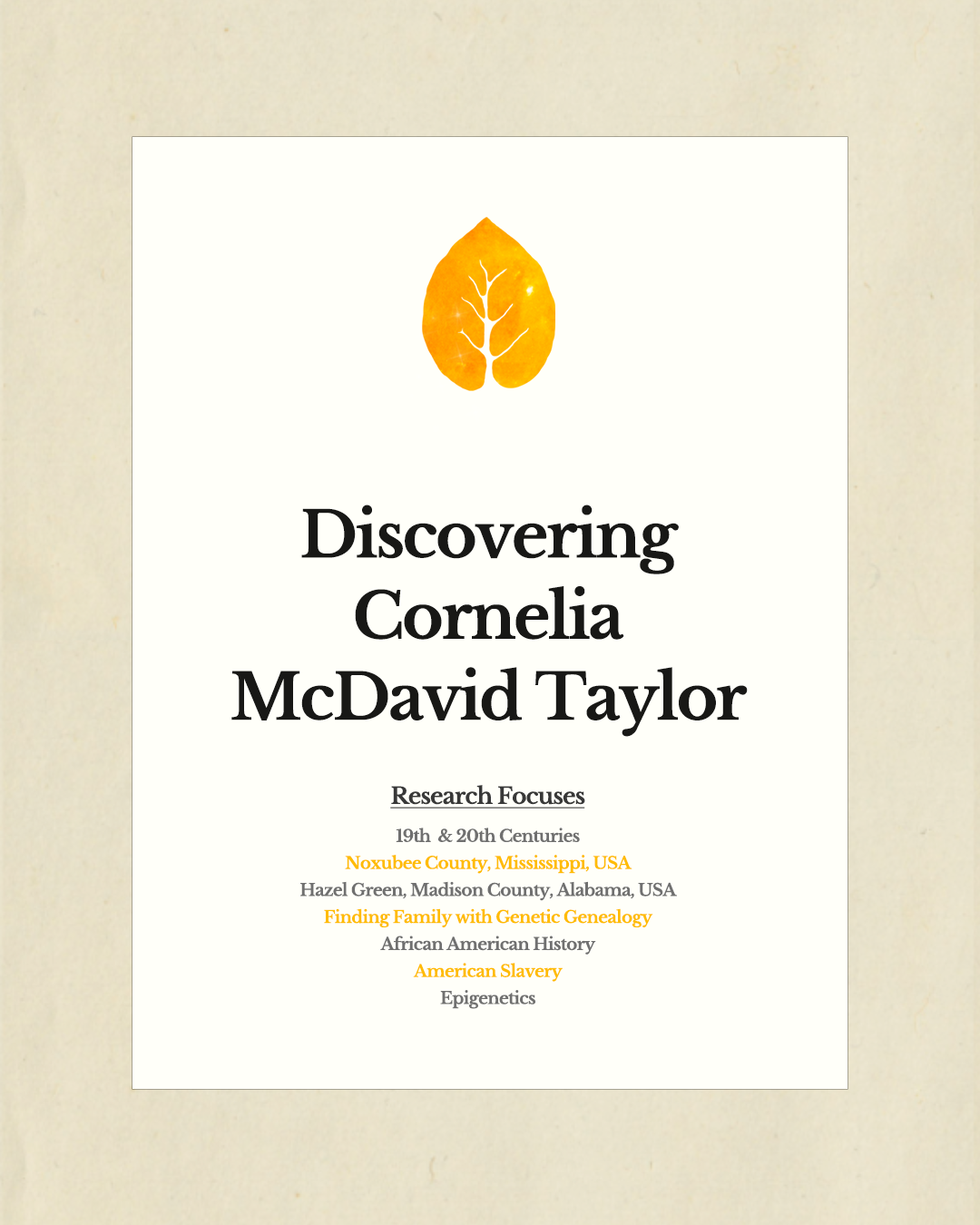
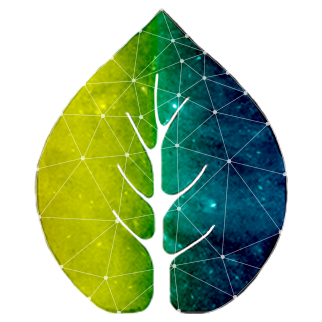
Leave a Comment